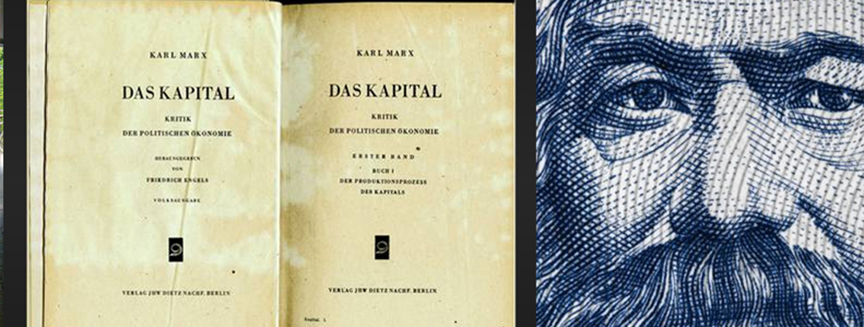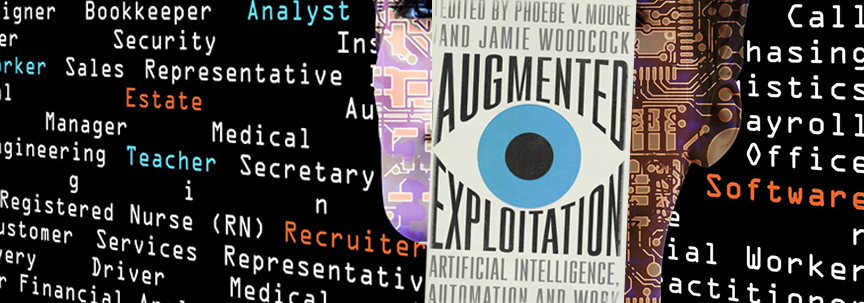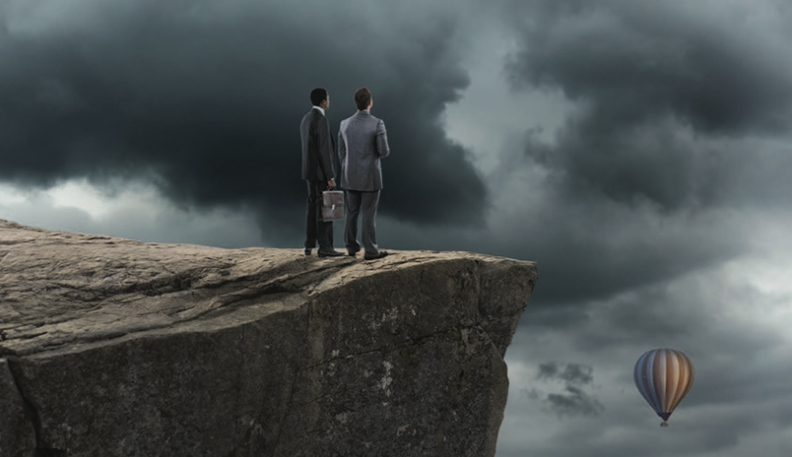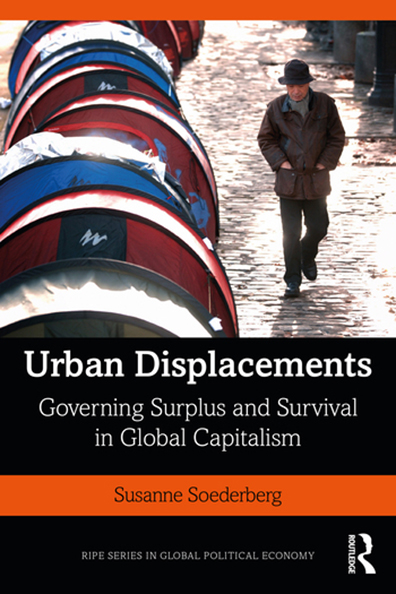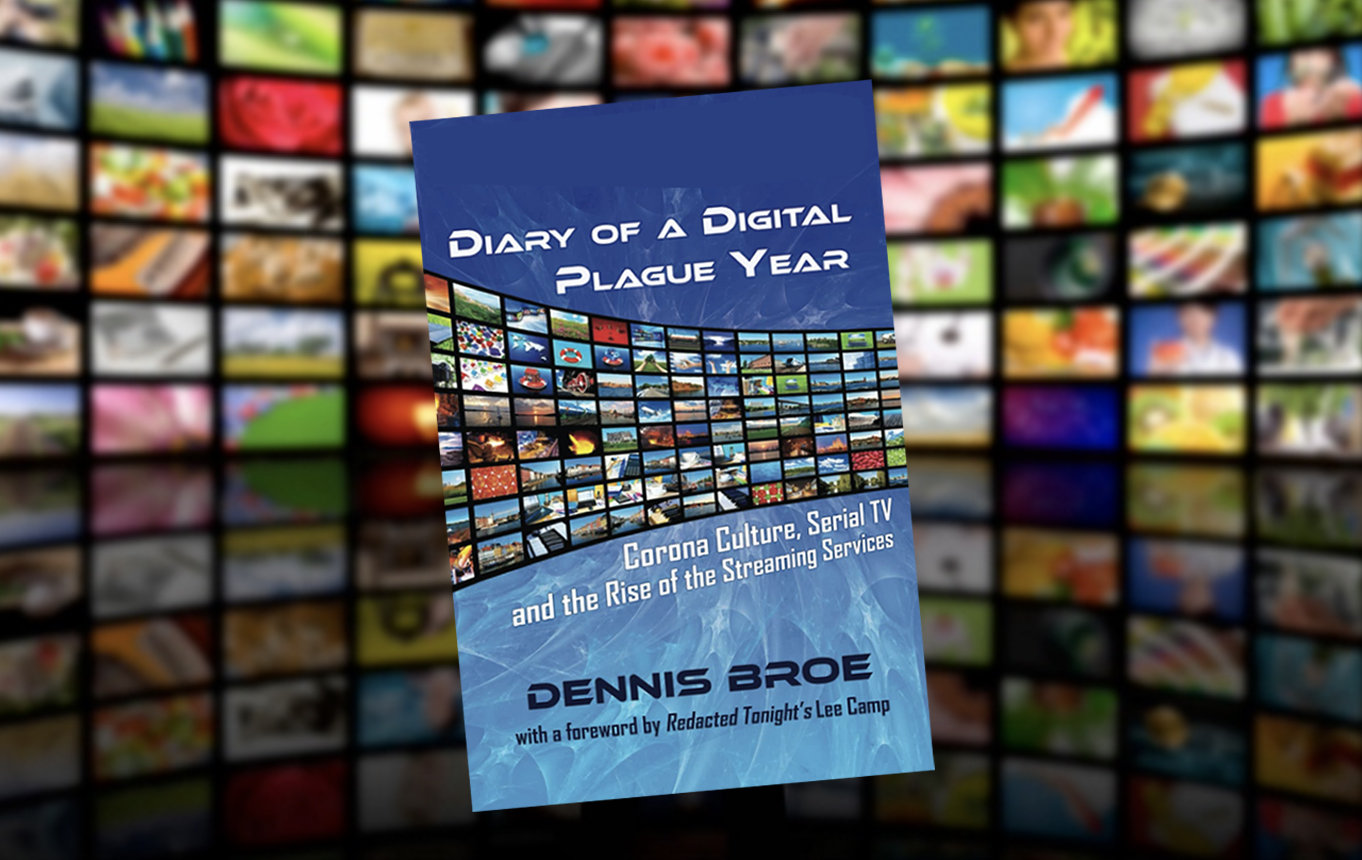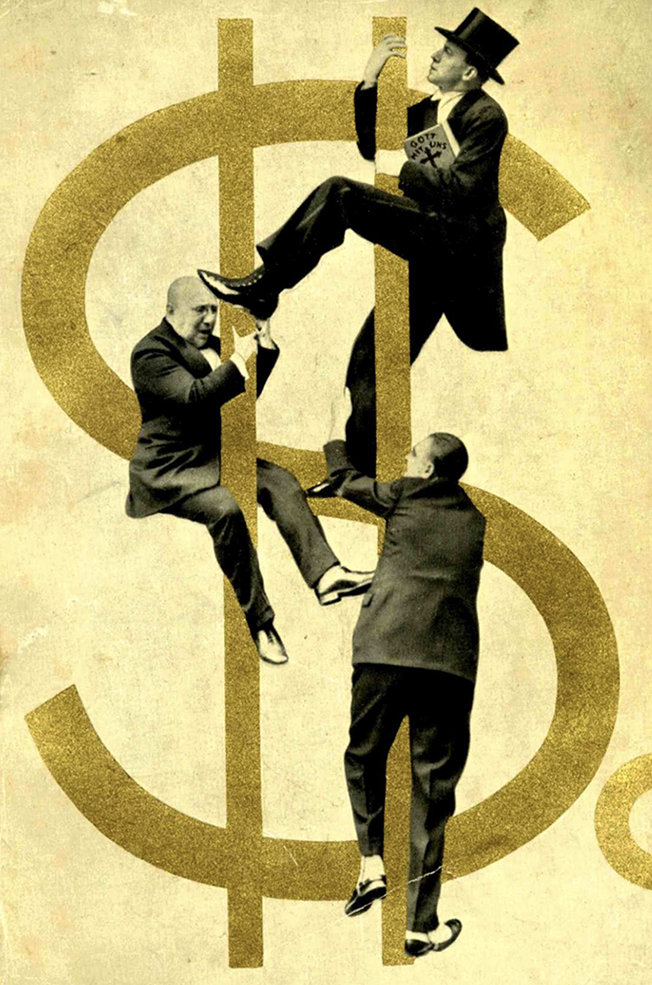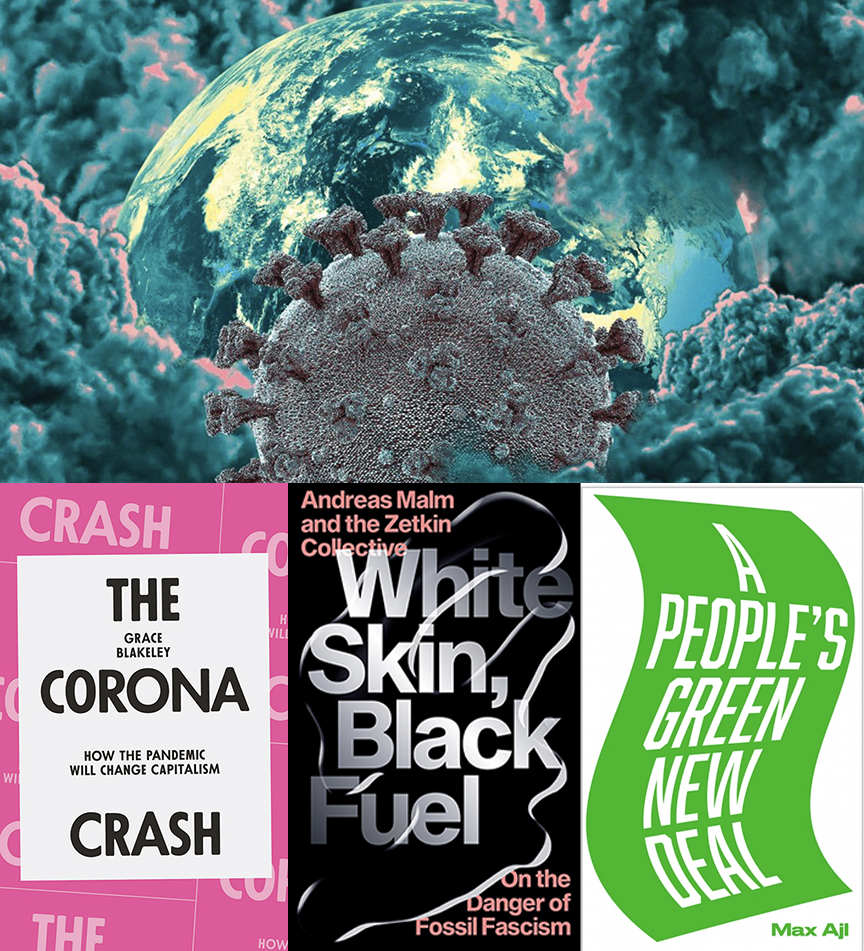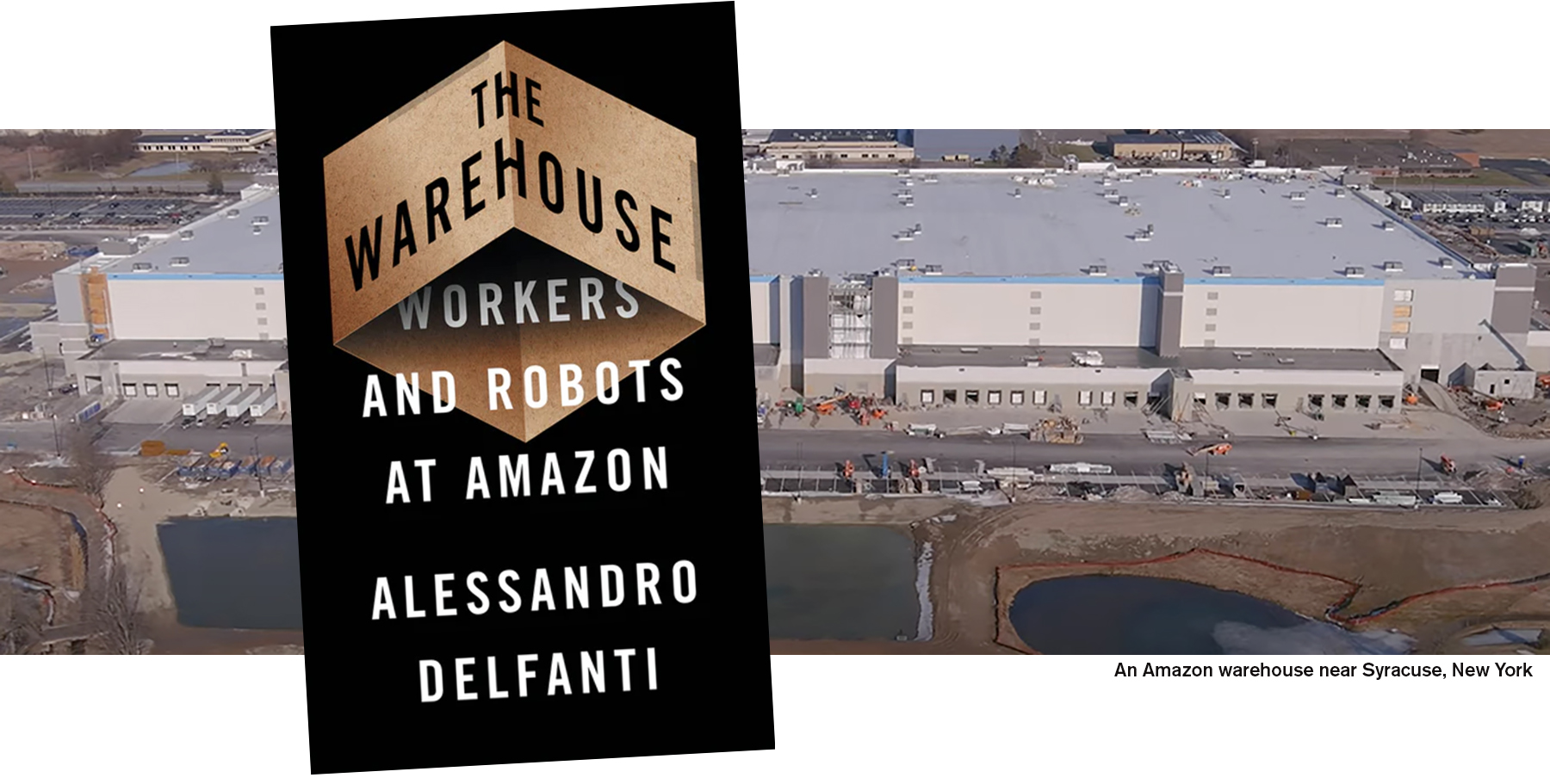Globalization
Grundrisse
Online: Zoom link will be provided to registered participantsIn the Grundrisse Marx arguably bridges his early writings on philosophy and Hegel, and the writing and revisions of Capital that dominated much of the rest of his life. We will undertake a close, word by word reading of the text with a view to understanding the concepts that evolve within it. This first term will begin with the chapter on money.
Capital, Volume 1, Part 3
Online: Zoom link will be provided to registered participantsChapters 16 through 25, will trace this development and reveals new dynamics and contradictions inherent to the logic of capitalist accumulation, culminating in Chapter 25, The General Law of Capitalist Accumulation. These developmental processes continue to be played out to this day and are witnessed in the immensity of wealth for a few at one pole of humanity, poverty at another, ruthless misuse and degradation of nature, and reduction of the human subject, the producing masses of real individuals, to an alienated object for capitalist exploitation.
Grundrisse
Online: Zoom link will be provided to registered participantsIn the Grundrisse Marx arguably bridges his early writings on philosophy and Hegel, and the writing and revisions of Capital that dominated much of the rest of his life. We will undertake a close, word by word reading of the text with a view to understanding the concepts that evolve within it. This first term will begin with the chapter on money.
Grundrisse
Online: Zoom link will be provided to registered participantsIn the Grundrisse Marx arguably bridges his early writings on philosophy and Hegel, and the writing and revisions of Capital that dominated much of the rest of his life. We will undertake a close, word by word reading of the text with a view to understanding the concepts that evolve within it. This first term will begin with the chapter on money.
Grundrisse
Online: Zoom link will be provided to registered participantsIn the Grundrisse Marx arguably bridges his early writings on philosophy and Hegel, and the writing and revisions of Capital that dominated much of the rest of his life. We will undertake a close, word by word reading of the text with a view to understanding the concepts that evolve within it. This first term will begin with the chapter on money.
Grundrisse
Online: Zoom link will be provided to registered participantsIn the Grundrisse Marx arguably bridges his early writings on philosophy and Hegel, and the writing and revisions of Capital that dominated much of the rest of his life. We will undertake a close, word by word reading of the text with a view to understanding the concepts that evolve within it. This first term will begin with the chapter on money.
Augmented Exploitation: Artificial Intelligence, Automation, Work and Changes in the Labor Process
Online: Zoom link will be provided to registered participantsIn the Introduction to Augmented Exploitation, co-editors Phoebe Moore and Jamie Woodcock point up two main problems with how automation and artificial intelligence are being discussed as the end of the first quarter of the 21st century draws near. Number one is the claim that Al is changing the labor process in new and unprecedented ways. But capitalists have always introduced machines in order to increase the amount of what each worker can produce in a given period of time. This is where the second problem comes in—either a certain process will be automated, or it will not—a binary that focuses on machines and not on the workers who operate them. Rather than the prospects of automation and interpretive learning replacing workers, we need rather to see that these are augmentations of the labor process. Also discussed will be two of the many vital essays from this year's Socialist Register—Beyond Digital Capitalism: New Ways of Living.
Looking Over the Abyss with Steven Colatrella and Michael Meeropol
Online: Zoom link will be provided to registered participantsEurope and subsequently the United States rose to power and wealth along with the rise of capitalism. But capitalism has now shifted its attention to Asia, even as the conditions of ordinary workers in Europe and North America decline, and the political influence of the West wanes. Looking Over the Abyss argues that only by breaking decisively with capitalism, and aligning themselves with the majority of the world’s people against exploitation, can the peoples of Europe and the United States save their societies.
Urban Displacements and Contemporary Capitalism
Online: Zoom link will be provided to registered participantsSusanne Soederberg argues that historical and geographical configurations of monetized governance, including landlords, employers and inter-scalar state practices, have served to reproduce urban displacements and obfuscate their gendered, class and racialized underpinnings. The outcome is the everyday facilitation and normalization of urban poverty and social marginalization on one side, and capital accumulation on the other.
Diary of a Digital Plague Year with Dennis Broe
Online: Zoom link will be provided to registered participantsDENNIS BROE, author of Birth of the Binge: Serial TV and The End of Leisure, will be talking about his new book Diary of a Digital Plague Year: Corona Culture, Serial TV and The Rise of The Streaming Services. The book offers a blow-by-blow account of the ongoing confinement, charting the changes in our lives exacerbated by the coronavirus. Corona culture is a digital culture extraordinaire for some, while for others it has increased panic and terror about being at work.
Capital, Volume II: The Process of Circulation of Capital
Online: Zoom link will be provided to registered participantsWe will begin our study of Volume II study by situating this volume in relation to the historical process of development of capitalist society which is premised on its specific social form of societal re-production, the production of capital. To do so we will study the closing sections of the Penguin edition of Volume I, specifically, Part VIII: "So-called Primitive Accumulation" and the “Appendix: Results of the Immediate Process of Production”.
Join us as we journey through this movement from the imaginary concrete to the abstract concrete to the real concrete. Come and challenge your way of thinking and understanding the world as it appears to you and begin to identify some of what needs to be overcome and done to bring about a better world.
First They Took Rome with author David Broder
Online: Zoom link will be provided to registered participantsStudying the rise of forces like Matteo Salvini’s Lega, this book shows how the populist right drew on a deep well of social despair, ignored by the liberal center. Italy’s recent history is a warning from the future—the story of a collapse of public life that risks spreading across the West. First They Took Rome offers this perspective: Italy isn’t failing to keep up with its international peers but farther along the same path of decline they are following. In the 1980s, Italy boasted the West’s strongest Communist Party; today, social solidarity is collapsing, working people feel ever more atomized, and democratic institutions grow increasingly hollow.
Value, Fictitious Capital and Finance. The Timelessness of Karl Marx’s Capital with John Milios
Online: Zoom link will be provided to registered participantsStarting from his value-form analysis in Part One of Volume 1 of Capital, Marx develops the concept of “fictitious capital” in Volume 3, which depicts the role of interest-bearing capital and the financial sphere. Marx’s analysis allows for an understanding of contemporary capitalism, financialization and crisis: financialization cannot be isolated from “real” economy; it should be conceived as a “technology” of exercising capitalist power and hegemony over the working classes and the society as a whole. Marx’s analysis provides the terms to rethink the contemporary neoliberal form of capitalism and its crisis as expressions of the contradictions inherent in the organization of capitalist power.
Ecosocialism in the Shadow of Covid
Online: Zoom link will be provided to registered participantsWe will read and discuss three books: The Corona Crash (Verso), by Grace Blakeley, details how the pandemic is ushering in a new era in which the corporate economy collapses into the arms of the state, and behemoths like Amazon and Netflix balloon in profit and power. White Skin, Black Fuel (Verso), by Andreas Malm and the Zetkin Collective, takes a comprehensive look at how extreme-right currents are responding to ecological crises with with authoritarian and xenophobic proposals while remaining ardent supporters of fossil capital – black fuels to support white supremacy. And A People’s Green New Deal (Pluto), by Max Ajl, engages critically with various Green New Deal proposals and sketches out a radical alternative committed to degrowth, anti-imperialism and agro-ecology.
The Warehouse: Workers and Robots at Amazon with Alessandro Delfanti
Online: Zoom link will be provided to registered participants“Delfanti has done here what more critics of Amazon should — listen carefully to the people whose work makes the corporation function. Those of us fighting for a better future than Amazon's dystopia have much to learn from this book”. — Dania Rajendra, Inaugural Director, Athena Coalition


